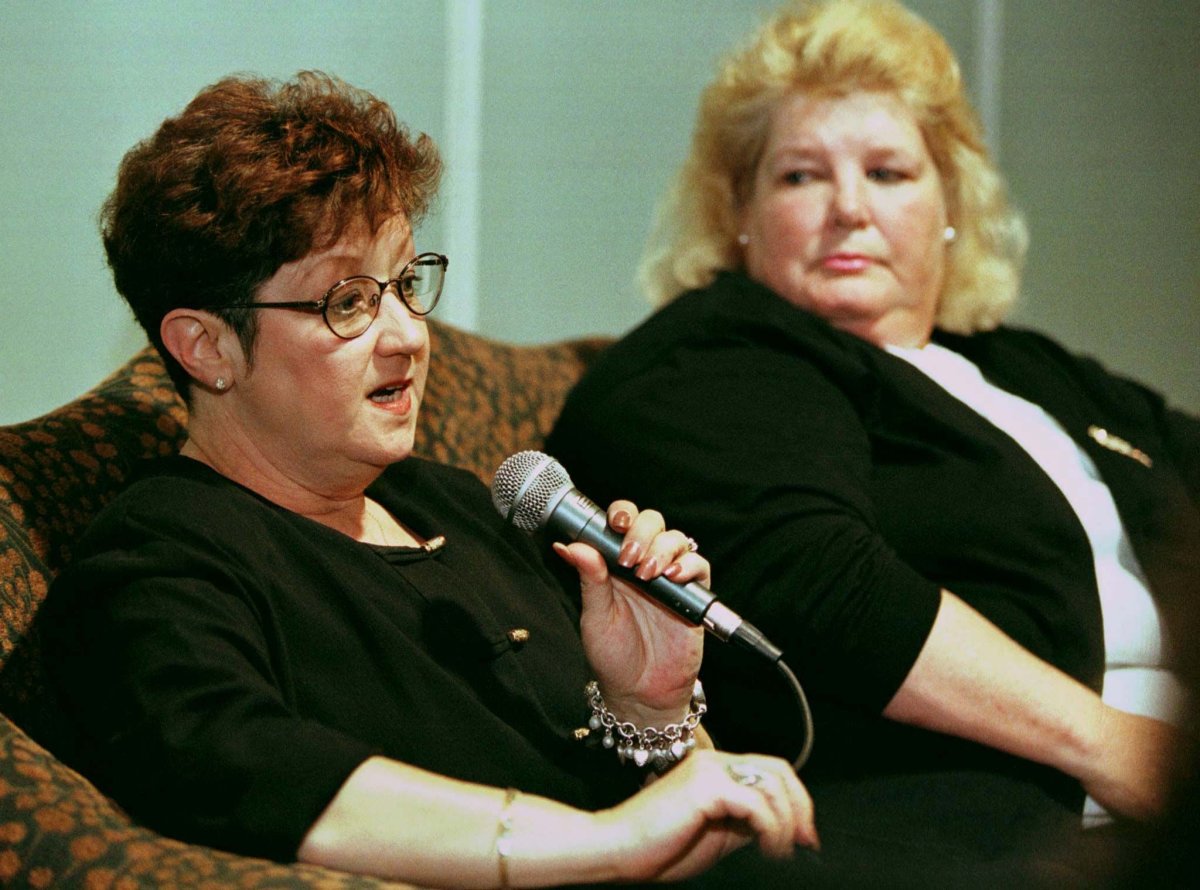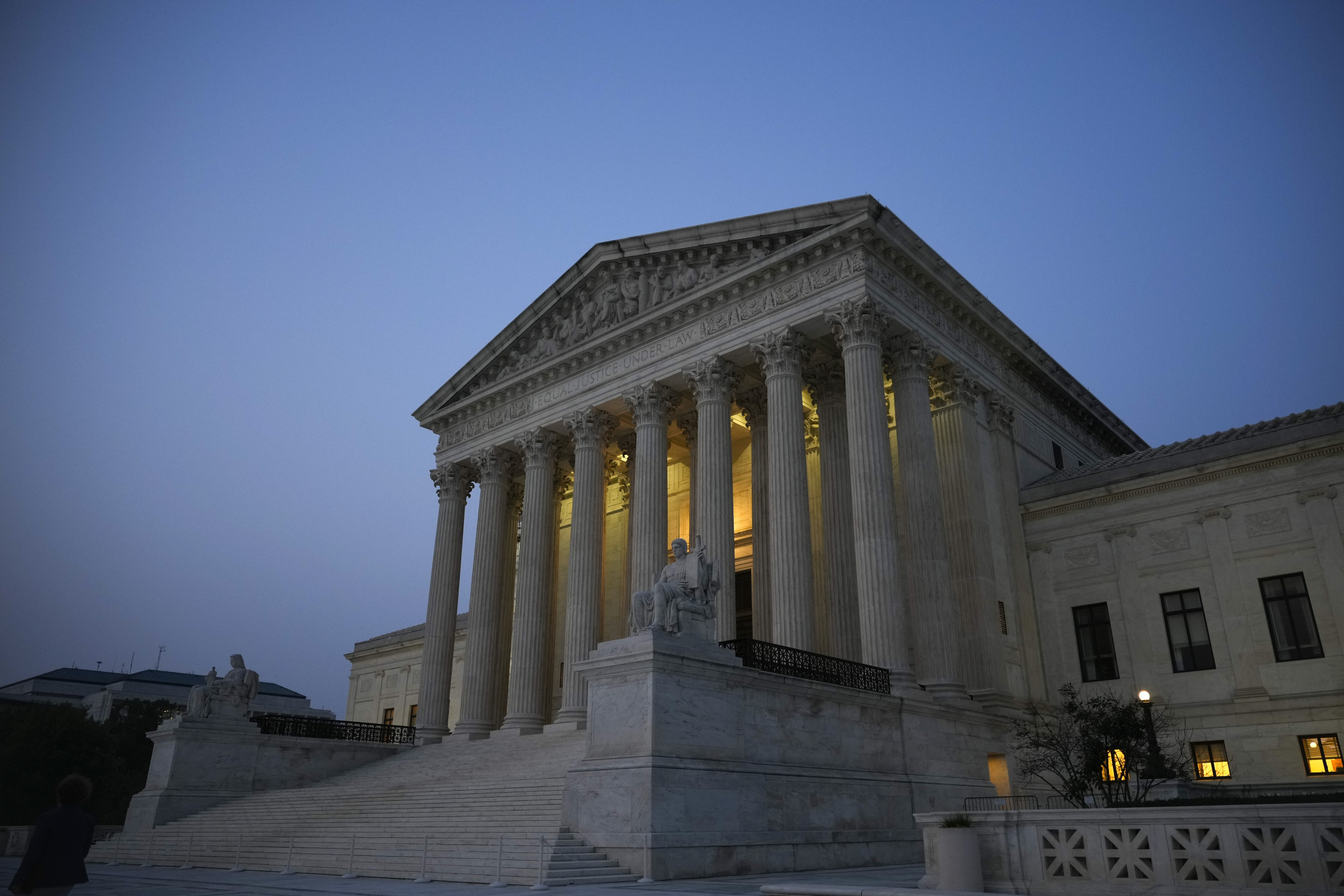The retirement of Justice Anthony Kennedy and the selection of Judge Brett Kavanaugh to fill his seat makes the future of Roe v. Wade shaky at best, and doomed at worst. Even with Kennedy's vote, Roe is a shadow of what it once was. States have spent the decades since Roe was decided chipping away at the expansive right the justices announced in that case. In so doing, access to abortion has become a patchwork based on where a woman lives and her economic standing.
Since 1976, the Hyde Amendment has kept federal funds from being used to pay for abortions for poor women (with a few narrow exceptions.) Widespread clinic closures due to onerous and unnecessary laws regulating abortion procedures have left many women living in areas without ready access to abortion care. Thus, overruling Roe, as many think will happen, would be the last in a series of steps that have made access to abortion increasingly difficult for most and nonexistent for many.
The Supreme Court vacancy reminds us that all rights within our constitutional order are precarious, especially when those rights protect the most vulnerable. When a new justice joins the court for a lifetime appointment, that person's vote impacts law for those of us alive today and perhaps for generations to come.
If Roe falls, abortion would cease to be a right protected by the U.S. Constitution. Instead, individual states would determine abortion rights, likely under state constitutions. The last several years of abortion legislation and litigation reveal deep fissures in how states do or do not protect abortion access within their borders. There are several states that have long protected the right to abortion and will likely continue to do so even if Roe falls. There are many others, however—at least 23 according to the Center for Reproductive Rights—who are just as likely to act quickly to make abortion illegal in their states.

There are some indisputable truths about abortion in the United States. First, abortion is a common procedure for women of reproductive age. According to researchers at the Alan Guttmacher Institute, about one in four women will have an abortion by the age of 45. Whether you know it or not, there is a strong likelihood that someone you know, love, and respect has had an abortion at some point. Second, abortion is an incredibly safe procedure. A first trimester abortion (which is when most women terminate their pregnancies) is safer for the pregnant woman than carrying a pregnancy to term. Third, making abortion illegal will not keep women from ending their pregnancies.
Women who want to terminate pregnancies will find ways to do so. Wealthy women will travel out of state or even out of the country to have abortions, while more economically fragile women will sometimes resort to illegal abortions with unscrupulous providers or to dangerous self-abortion techniques where legal and safe abortions are not made available to them.
It is ironic that in the same year that Ireland finally began to reform its archaic and dangerous abortion ban, the United States is poised to move backwards in its commitment to abortion rights. A majority of Americans believe that in all or most cases, women should have the right to have an abortion. In spite of this societal consensus, this administration speaks of protecting the unborn while acting with deep disregard for the needs of born children.
Forcing women to carry unwanted pregnancies to term while simultaneously constricting the social safety net, decreasing access to contraception, and touting abstinence-only sex education is nonsensical. Pretending that motherhood is always the right choice for women is a farce in a nation that has one of the highest maternal mortality rates in the developed world. Claiming a commitment to families, while not requiring paid family leave for new parents shows how shallow that commitment truly is.

About half of all pregnancies in the United States are unintended and there will always be women who become pregnant when they do not want to be pregnant. Some of those women will strongly desire to end those pregnancies. In a world without Roe, it is the most vulnerable women—poor, young, women of color, undocumented—who will suffer the most.
These are the women for whom pregnancy and childbirth create significant risks, physical and otherwise, and for whom parenting is perilous in a nation that demands that even those without boots pull themselves up by their own bootstraps. The legacy of Roe has been critical for women's equality. Being able to control if and when one becomes a mother is a basic human right that can only be realized with access to a full range of reproductive health services, including abortion. Without Roe, many more American women will find themselves searching for ways out in a country that assumes their fitness for motherhood while denying their fitness to choose for or against pregnancy.
Kimberly Mutcherson is Vice Dean and Professor of Law at Rutgers Law School.
The views expressed in this article are the author's own.
Uncommon Knowledge
Newsweek is committed to challenging conventional wisdom and finding connections in the search for common ground.
Newsweek is committed to challenging conventional wisdom and finding connections in the search for common ground.
About the writer
To read how Newsweek uses AI as a newsroom tool, Click here.








